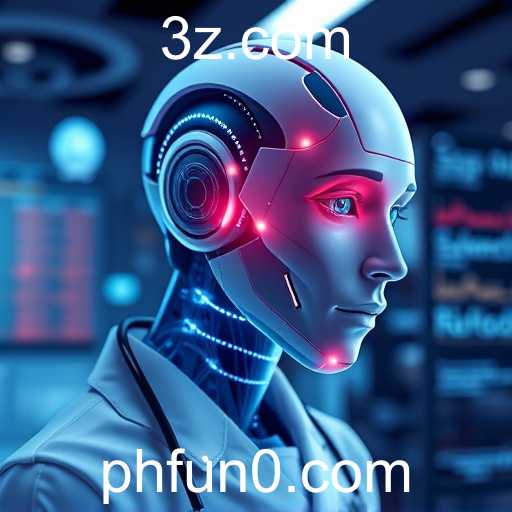Exploring how advanced AI is transforming predictive healthcare with new dynamics and ethical considerations.
In recent years, artificial intelligence (AI) has made significant strides in various fields, and healthcare is no exception. As we navigate through 2025, a notable trend is the rise of advanced AI systems that are revolutionizing predictive healthcare. These systems are designed to analyze vast amounts of data, enabling healthcare providers to anticipate medical events, optimize treatment plans, and ultimately improve patient outcomes.
At the core of this transformation is the increasing use of predictive analysis tools, powered by machine learning algorithms, that process patient history and current health data to forecast potential health issues before they become critical. Leading companies in tech and healthcare are collaborating extensively to create AI-driven platforms that can predict everything from heart attacks to sepsis, thereby providing a proactive approach to health management. Moreover, these tools are proving invaluable during global health crises, such as the ones caused by pandemics, providing real-time analysis and predictions to help manage medical resource allocation efficiently.
However, the rapid adoption of AI in predictive healthcare raises significant ethical concerns. Privacy remains a top priority, as handling sensitive health information demands robust security measures. There is ongoing debate about data ownership, consent, and the potential for algorithmic bias in AI systems. Experts urge that regulatory frameworks evolve concurrently to ensure the responsible use of AI technologies.
Furthermore, the integration of AI in healthcare calls for a dynamic shift in workforce skills. Medical professionals are now required to adapt and upgrade their skills to leverage AI tools effectively. Educational institutions and healthcare organizations are responding by developing specialized programs to equip healthcare workers with the necessary knowledge to bridge the gap between AI technology and practical healthcare applications.
As AI continues to develop, it holds the promise of transforming healthcare into a more efficient and anticipatory field. Yet, this transition must be managed with ethical foresight and adaptability to truly harness its potential while safeguarding human rights and wellbeing.




